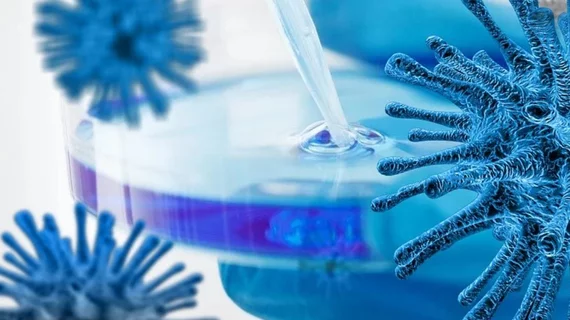Where COVID-19 is hitting state economies the hardest
Louisiana is the most exposed state economy when it comes to the new coronavirus, COVID-19.
The COVID-19 pandemic has caused significant economic disruptions, with the stock market dropping about 20% and unemployment soaring.
That’s according to WalletHub, which ranked states across 10 key metrics, looking at the share of employment by small businesses, the share of GDP from highly affected industries in a state, and unemployment claims.
While Louisiana was the most exposed state overall, Rhode Island actually saw the highest increase in the number of initial unemployment insurance claims, at 4,574.93% in the 12th week of 2020 compared to the same time period in 2019. Utah, which had the lowest increase in unemployment insurance claims, saw a 50.52% increase.
Here are the top 10 states with most exposed economies:
- Louisiana
- Rhode Island
- Nevada
- Maine
- New Hampshire
- Pennsylvania
- Montana
- New Jersey
- Massachusetts
- Illinois
Mississippi, Louisiana, Alabama, West Virginia and Arkansas had the lowest share of workers working from home. Several states and businesses have shifted to working from home to keep people from congregating at office buildings and spreading the virus.
Here are the states with the least exposed economies
- Arkansas
- Nebraska
- Alabama
- South Dakota
- Utah
- Oregon
- Alaska
- California
- Georgia
See the full report here.

